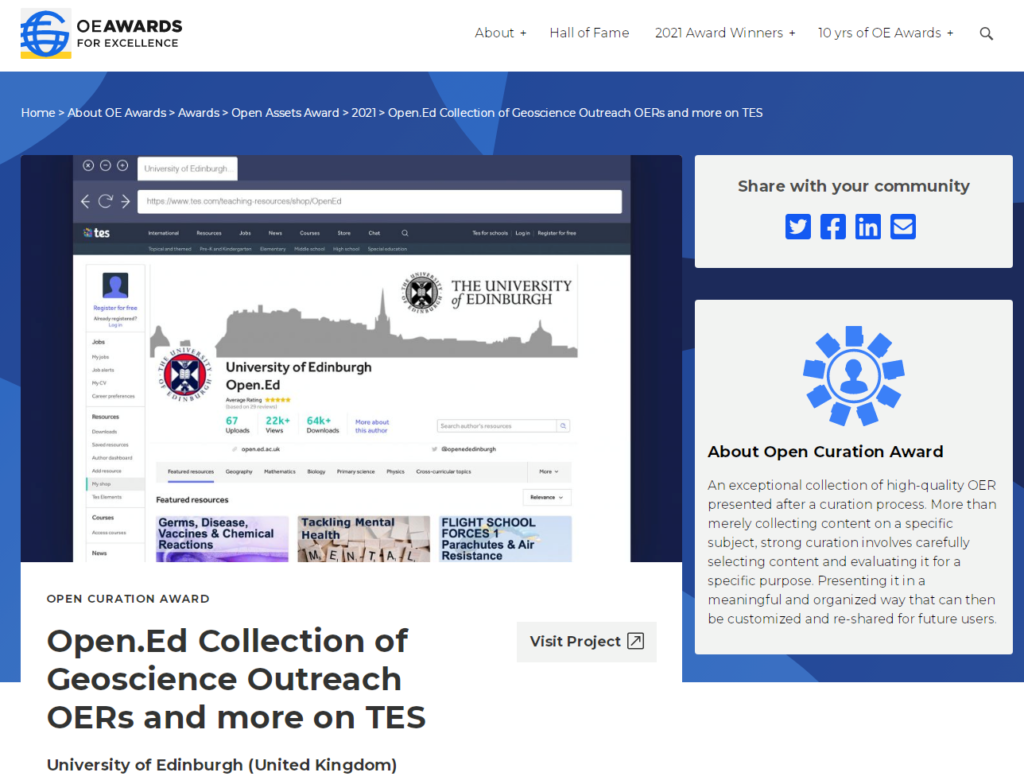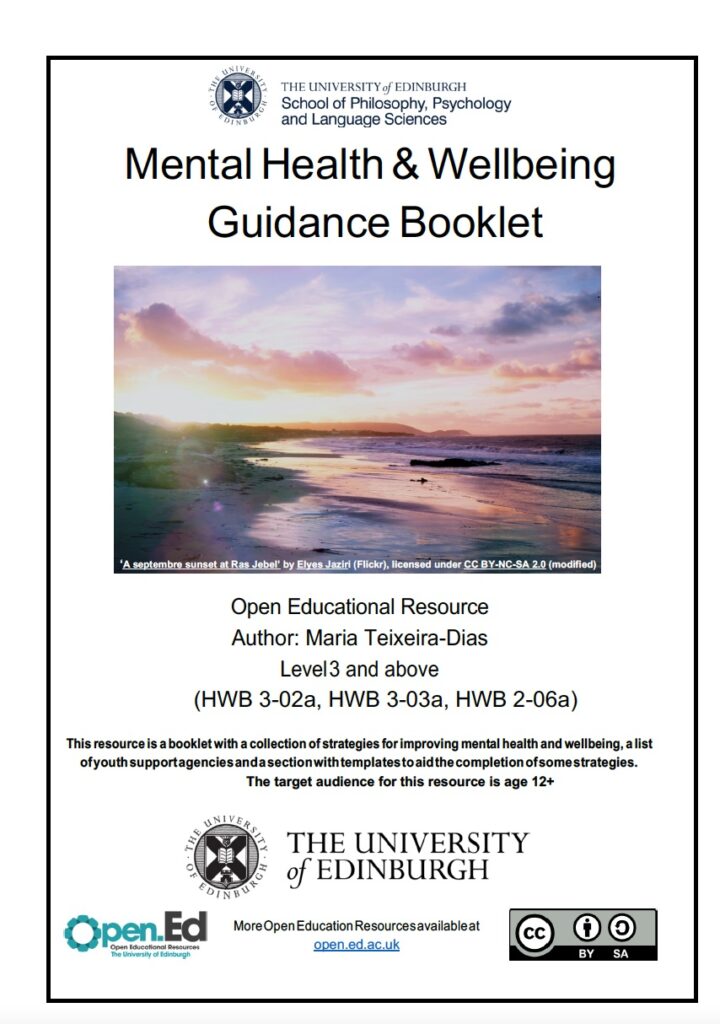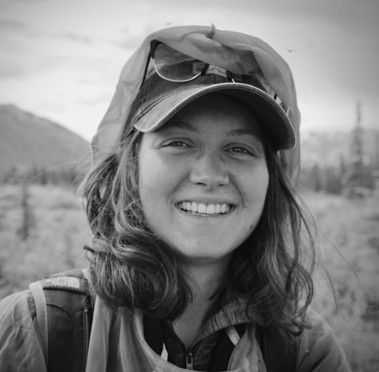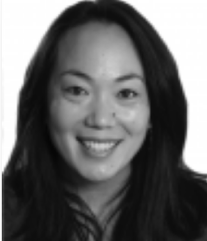
In this post, Kay Douglas, Andy Cross, Colin Graham, Erica Zaja, Bonnie Auyeung, and Frederik Madsen, from the Geosciences Outreach course, describe how authentic assessment designed in conjunction with community engagement can inspire interdisciplinary and problem-based learning. This post is part of our Learning and Teaching Conference Hot Topic.
How can we transform final year undergraduates – “para-professionals” in their degree disciplines – into innovative, work-ready graduates imbued with the transferable skills, knowledge, ideas and resilience necessary to thrive in 21st century workplaces and communities? How can we enable students to engage productively and proactively with their communities as agents for change while also ensuring a much wider tangible legacy for their work? These questions are centrally relevant to the wider aims and purposes of tertiary education.
What do we do?
Geoscience Outreach is a 20-credit Experiential Community Service Learning (CSL) course established in 2006, and adopted by other Schools across the University. Students are mentored and empowered to develop and deliver resources through negotiated and self-directed community engagement. The resources create a legacy for schools and communities in which wider impact is achieved by working through partnership with the University’s Educational Design and Engagement team to make our open education resources (OERs) globally available online.
Our students are encouraged to think ‘out of the box’, creating projects that transcend disciplinary boundaries. This requires them to understand the principles and practices of interdisciplinary and problem-based learning that engage with major challenges of the 21st century. They acquire, develop and practise the skills, values and attributes required for 21st century workplaces and life – collaboration, communication, curiosity, creativity, compassion and reflection. Projects are encouraged that support vulnerable groups and communities of multiple deprivation in collaboration with the University’s Widening Participation team. Our relationships with our many ‘clients’ in schools and communities are dialogical in nature, building robust community links and creating transformative projects and experiences for all participants.
Our students are upskilled in project design through workshops spanning educational media, design and engagement (e.g. blogging, copyright, licencing), digital skills, curriculum, interdisciplinary learning, active learning, story-telling, community service learning, and working with vulnerable groups. Through these workshops, students and staff from different disciplines and Schools across the University work together, leading to cross-fertilisation of ideas and cultures.
How is the course assessed?
The course demonstrates a decisive shift away from the exam culture towards authentic assessment, which improves student engagement and enhances their employability (Sokhanvar et al, 2021). Our assessment involves tasks that resemble workplace settings yet equip students with skills for their future professional life. Students demonstrate their learning in ways that are relevant to broader problems and to the workplace. The main assessment element is a bespoke resource negotiated with the client that usually has legacy beyond the immediate client and lives on through Open.ed and open.ed resources on tes. These OERs form part of the OEGLOBAL Awards for Excellence (2021) for Open Curation Repository.

Here are a few examples:
- Prior to the pandemic, one of our psychology students developed a Mental Health & Wellbeing Booklet, a collection of strategies for improving mental health and wellbeing for age 12+.
- A recently graduated ecology student had a passion for insects. She developed her five-lesson Curriculum for Excellence Level 3 resource in consultation with a LEAPS secondary school.

What do our clients say?
…a brilliant opportunity to get involved with the course. I was able to achieve significantly more with my limited project resources whilst also providing a chance to develop new skills that help him in the workplace…the end result exceeded my expectations.
…. created a fantastic resource for us which has been well planned and designed as well as being executed with care and dedication. The resources created have greatly increased the accessibility of one of our workshop experiences… These resources are more than just a few tactile objects but a complete set of items which would allow a visually impaired pupil to attend this workshop and have a very similar experience to their sighted peers. This far exceeded our expectations for the project and demonstrates the hard work, care and effort they put into creating this amazing resource.
Clients clearly value the resources, but what impact has the course had on our student’s wider professional development?
Erica and Frederik, two students of the 2021-2022 cohort, reflect on their experiences:
Erica says:
Geosciences Outreach is a unique creative platform that allowed me to develop a wide range of transferable and professional skills. I worked outside of the academic setting and gave back to the wider community by designing a project which played to my strengths and passions. I created a resource for Primary Schools on my all-time favourite: British Trees. Designing the materials, I developed my graphic design, science communication and critical thinking skills. Delivering the project, I developed strong interpersonal and management skills and I experienced teaching first-hand, something I always wanted to do. The course has certainly inspired me to work in science communication and outreach in the future and has had a huge impact on my professional development!
Frederik, who worked with Dynamic Earth to create a guide on how to watch aurorae borealis (northern lights) in the central belt of Scotland, says:
This course has given me a whole new perspective on my academic work. I think academia often gets so complicated for the sake of prestige, that we forget why we do research in the first place. By writing about aurorae with 10-year-olds as my target audience, I now realise that what is important to them, and what is important to us, can be vastly different! This knowledge is something I will always keep in mind in my future research.
Looking forward
Our course model is reactive, undergoing ongoing review and improvement in response to wider reforms in tertiary education. We work to ensure the relevance of higher education to 21st century challenges and employment, and to serve our/their communities. Students have a key role in these relationships, while the course model provides an excellent opportunity for developing and trialling more authentic and relevant forms of assessment. We would welcome and support discussion with educators across the university in progressing these developments.
You can watch Kay and Andy’s presentation ‘Experiential Community-Service Learning: How collaboration and authentic assessment supports students and the community‘ on the Learning & Teaching Conference website.
Read other Teaching Matters blog posts about the Geosciences Outreach course:
- GeoScience Outreach Course: Assessment through impactful student projects
- Open Education Resources (OERs) from the School of Geosciences: The unforeseen benefits
Andy Cross
Dr Andy Cross is the Impact Coordinator for the School of GeoSciences, and a Senior Fellow of the Higher Education Academy. He is the Geosciences Outreach Course Organiser and co-runs Currents: Understanding and Addressing Global Challenges at Edinburgh Futures Institute.
 Kay Douglas
Kay Douglas
Kay Douglas, FHEA, is a Widening Participation and Outreach Co-ordinator, Teaching Team member in the Geosciences Outreach Level 10 and the SCQF Level 7 accredited LEAPS Transitions Course.
 Frederik Dahl Madsen
Frederik Dahl Madsen
Frederik Dahl Madsen is an Edinburgh E4 PhD student, researching the Earth’s dynamic magnetic field and how it interlinks with changes in the length of a day.
 Erica Zaja
Erica Zaja
Erica Zaja is a Research Assistant and Masters by Research student at The University of Edinburgh, working on Arctic vegetation change.
 colin graham
colin graham
Colin Graham is a Senior Honorary Professorial Fellow (GeoSciences). Course co-founder (in 2006) with Professor Susan Rigby; course organiser and developer (2008-2014) and project supervisor (2006 to present). FRSE. Member of RSE Education Committee 2009-present. RSE lead on Interdisciplinary Learning (IDL).
 Bonnie Auyeung
Bonnie Auyeung
Bonnie Auyeung is a Reader and Chancellor’s Fellow at The University of Edinburgh where her work is focused around two central themes: 1) the role of prenatal factors on psychological and neural postnatal development; and 2) interventions to alleviate the symptoms of developmental difficulties.


